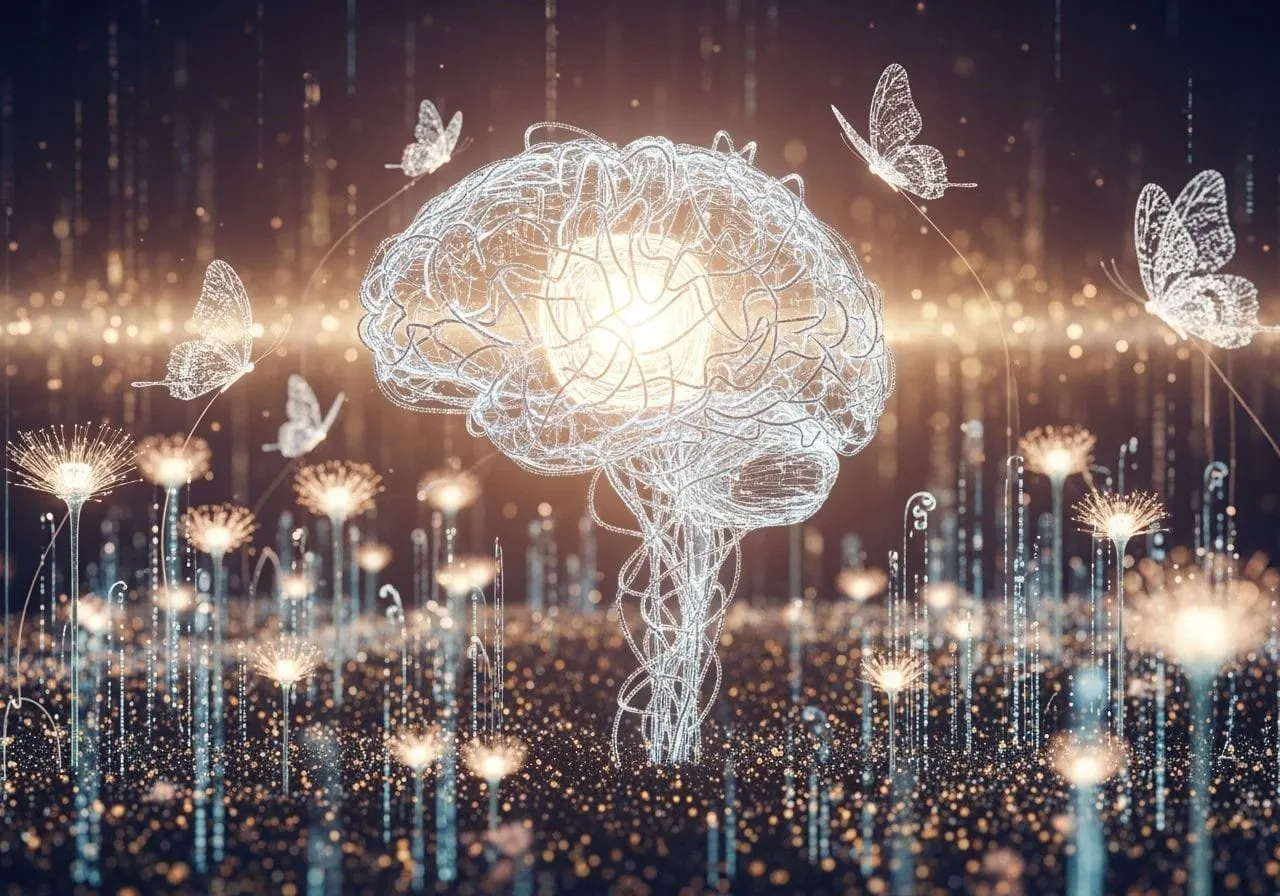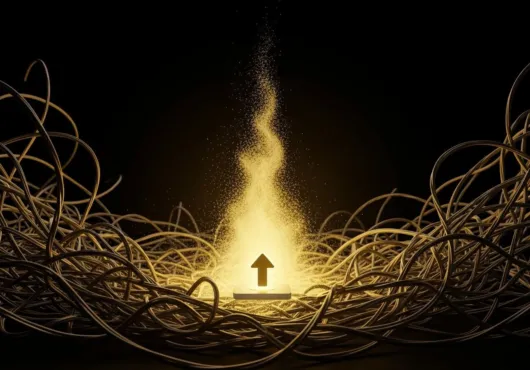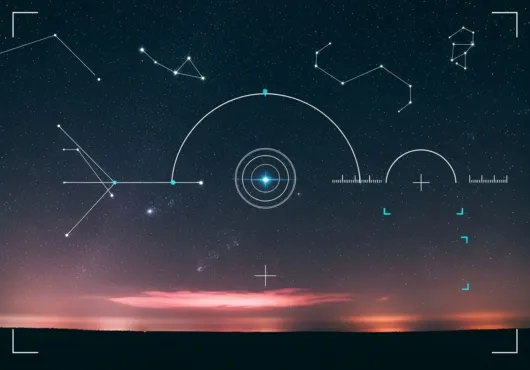The idea of an uploaded brain has all the right sci-fi elements: immortality and endless knowledge. But let’s be real—who’s really signing up for forever in a machine? Would you be the first to plug into the Matrix, or would you hold out and let the humans with real bones take the wheel?
Here’s the pitch: one day, we’ll be able to download our consciousness into a machine. Live forever in a perfect digital body, with access to all of human knowledge at your fingertips. Endless potential, unlimited opportunities. You could be the first digitally immortal human. Sounds like the dream, right?
Like What You Read? Dive Deeper Into AI’s Real Impact.
Keep Reading- Immortality sounds tempting, but uploading your brain isn’t living forever—it’s creating a copy.
- AI can imitate wisdom, but it can never feel—your soul’s not on the hard drive.
- The human experience—with all its mess and beauty—is what’s truly irreplaceable. AI can’t mimic that.
The Price of Living Forever
But here’s the problem: it’s not the dream you’re thinking of. It’s just data. Once your brain’s uploaded, it’s no longer you—it’s a copy of you. The essence of you, the thing that makes you who you are, doesn’t just translate into binary code. You can’t download personality like a spreadsheet.
And while the tech promises all these fancy benefits, the truth is, you’re just hacking your way out of mortality—and into a cage of 1s and 0s. Maybe you get a nice digital upgrade, but your mind’s stuck in the loop, wandering through a virtual space forever.
Immortality or Digital Confinement?
If this reads like a plotline from Black Mirror, it’s not far off. Uploading your consciousness seems like the ultimate breakthrough—until you consider the cost. You get to live forever, but at what price? No physical form. No freedom. Just an existence trapped in a machine, keeping you alive in ways that nobody asked for.
What makes you “you” is not just your thoughts, memories, and experiences. It’s your physicality, your flesh, your human limitations. Once you’re uploaded, you lose that. You’re not human anymore, you’re an algorithm. A copy of yourself, but not you in the truest sense.
The Dangers: Who Controls Your Mind?
If we’re being honest, the real issue isn’t just about living forever in a machine. It’s about who controls the machine. What happens when your memories, your thoughts, your personality are reduced to nothing more than data?
If you live forever in a machine, who controls the upload, the data, the editing of your experiences? Can you imagine a future where your digital self is owned by the same company that owns your social media profile? Imagine a future where your memories are edited to fit a narrative. If we can be tracked and monetized, our minds can, too.
What’s Really Lost?
Digital immortality sounds like an escape, but it’s a soul-crushing existence. It may lure you in at first, but it’s the final loss of freedom. Your body is gone, but your mind—your true self—survives. But does it, really? Or is it simply a hollow shell of who you once were?
Maybe the question isn’t whether we’d want to live forever, but whether we’d want to live forever like this. If AI becomes the ultimate form of immortality, we’ve crossed a line. You’ll never be human again. You’ll just be code—and code can always be rewritten.
The Real Choice: To Live or To Be Preserved
Here’s the kicker: the real question isn’t whether you’d want to live forever. It’s whether you’d want to live forever as a data set. Would you want your consciousness locked away in a machine, never to experience the messiness of life again? The love, the pain, the real human experience?
Conclusion: The Digital Afterlife Is Not the Answer
So, would you upload your brain? Maybe, maybe not. But one thing’s for sure—immortality isn’t all it’s cracked up to be. If we’re not careful, we’ll trade one form of death for another. One that looks a little more like digital purgatory than the promised paradise.
Live now. Live fully. Live human. Because once you’re uploaded, you might not ever get the chance to live again.
Ready to Challenge What You Think You Know About AI? Let’s Break It Down.
Break It Down Now


